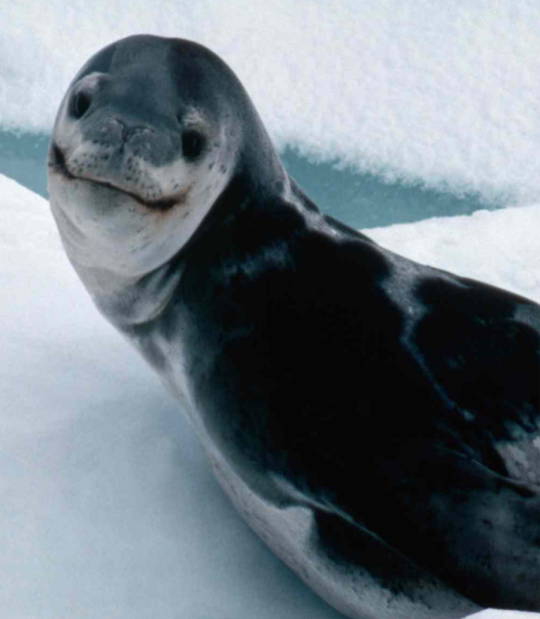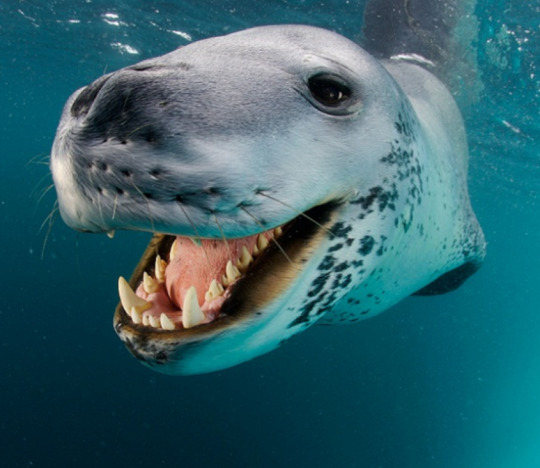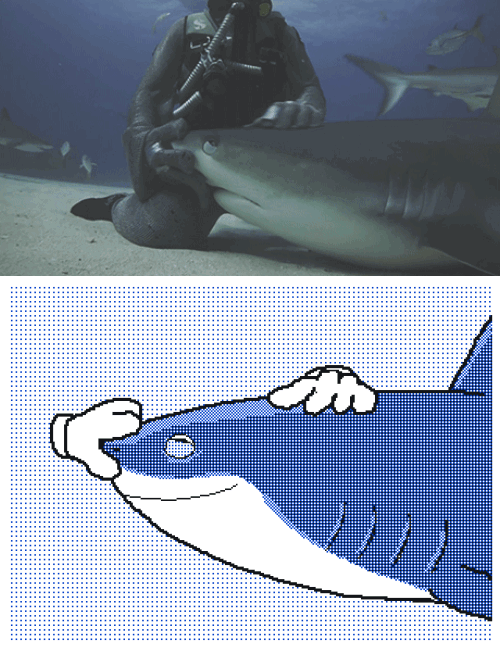Text
BABE WAKE UP NEW COLOSSAL SQUID FOOTAGE!!!!

and it's a
BABY!!!!
3K notes
·
View notes
Text
Today is Wet Beast Wednesday!
Today’s Wet Beast is: Sea Pig

Olive’s wet beast fact: Unlike the stupid pigs on land, the sea pig has never been elected president.
Stay tuned for more Wet Beast Wednesdays!
1K notes
·
View notes
Text








The family Cranchiidae comprises the approximately 60 species of glass squid, also known as cockatoo squid, cranchiid, cranch squid, or bathyscaphoid squid. Cranchiid squid occur in surface and midwater depths of open oceans around the world. They range in mantle length from 10 cm (3.9 in) to over 3 m (9.8 ft), in the case of the colossal squid. The common name, glass squid, derives from the transparent nature of most species. Cranchiid squid spend much of their lives in partially sunlit shallow waters, where their transparency provides camouflage. They are characterised by a swollen body and short arms, which bear two rows of suckers or hooks. The third arm pair is often enlarged. Many species are bioluminescent organisms and possess light organs on the undersides of their eyes, used to cancel their shadows. Eye morphology varies widely, ranging from large and circular to telescopic and stalked. A large, fluid-filled chamber containing ammonia solution is used to aid buoyancy. This buoyancy system is unique to the family and is the source of their common name "bathyscaphoid squid", after their resemblance to a bathyscaphe. Often the only organ that is visible through the transparent tissues is a cigar-shaped digestive gland, which is the cephalopod equivalent of a mammalian liver. This is usually held in a vertical position to reduce its silhouette and a light organ is sometimes present on the lower tip to further minimise its appearance in the water.
163 notes
·
View notes
Text
27K notes
·
View notes
Text
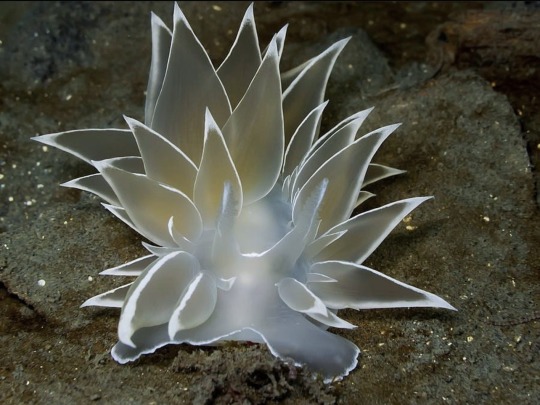
The Alabaster Nudibranch is a soft-bodied marine mollusc indigenous to the Eastern Pacific Ocean.
13K notes
·
View notes
Text
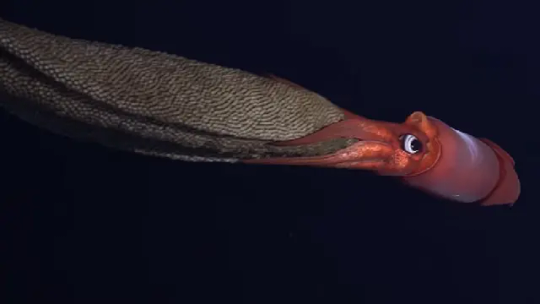


Clawed Arm-hook Squid aka Black-eyed Squid (Gonatus onyx), mother with egg mass, family Gonatidae, off the coast of Costa Rica
The mantle length for this squid is about 18 cm (7.09 in).
photographs via: Schmidt Ocean Institute
1K notes
·
View notes
Text
GIRLY JUST FOUND OUT ABOUT CYERCE ELEGANS
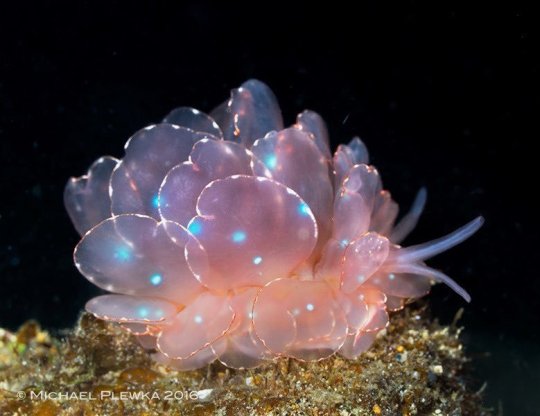
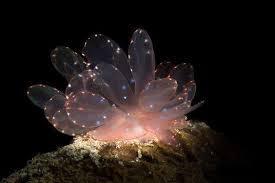
If Cyerce nigricans is a butterfly, then this is a fairy... Cyerce nigricans for comparison:
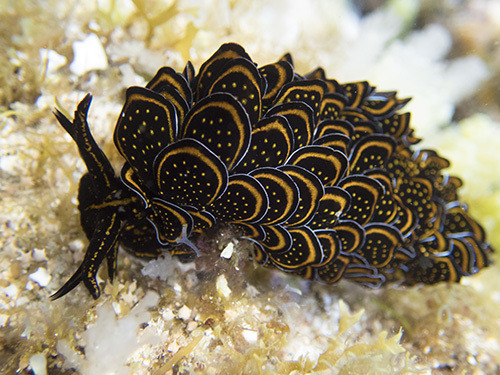
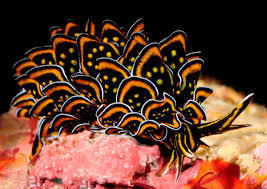
72K notes
·
View notes
Text








0 notes
Text





10 notes
·
View notes
Photo
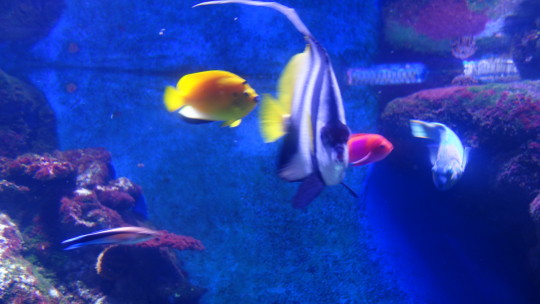
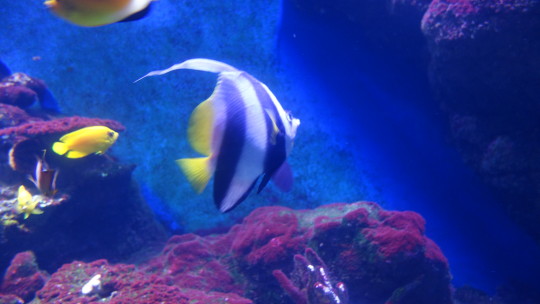
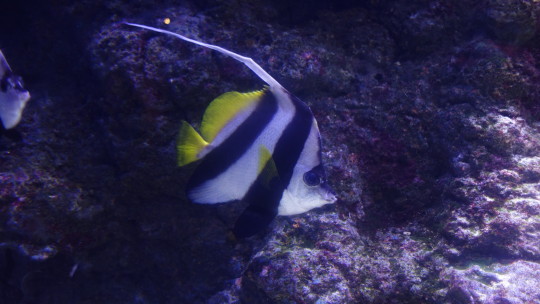
Longfin bannerfish at the Cairns Aquarium in Cairns, QLD, Australia
105 notes
·
View notes
Text
Today is Wet Beast Wednesday!
Today’s wet beast is: Man-of-war Fish
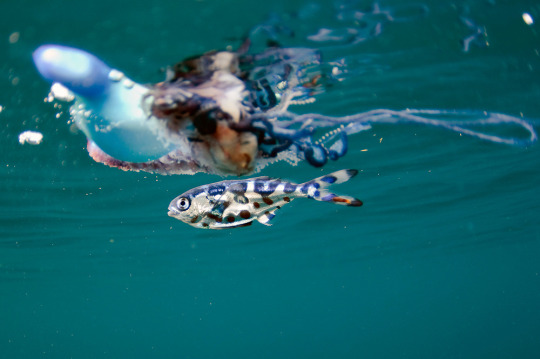
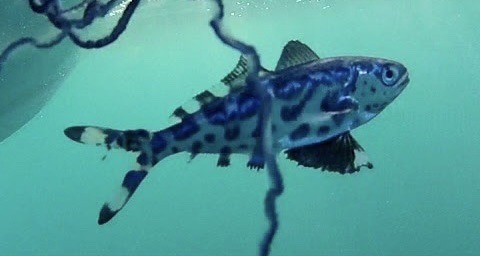
Olive’s wet beast fact: this little fishy has evolved to live within the extremely dangerous tentacles of the Portuguese Man O’ War. It is here that the fish feasts upon their gonads. Happy Pride.
Stay tuned for more Wet Beast Wednesdays!
2K notes
·
View notes




